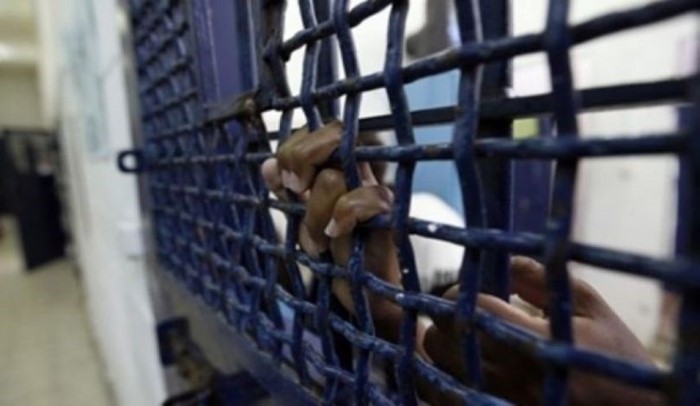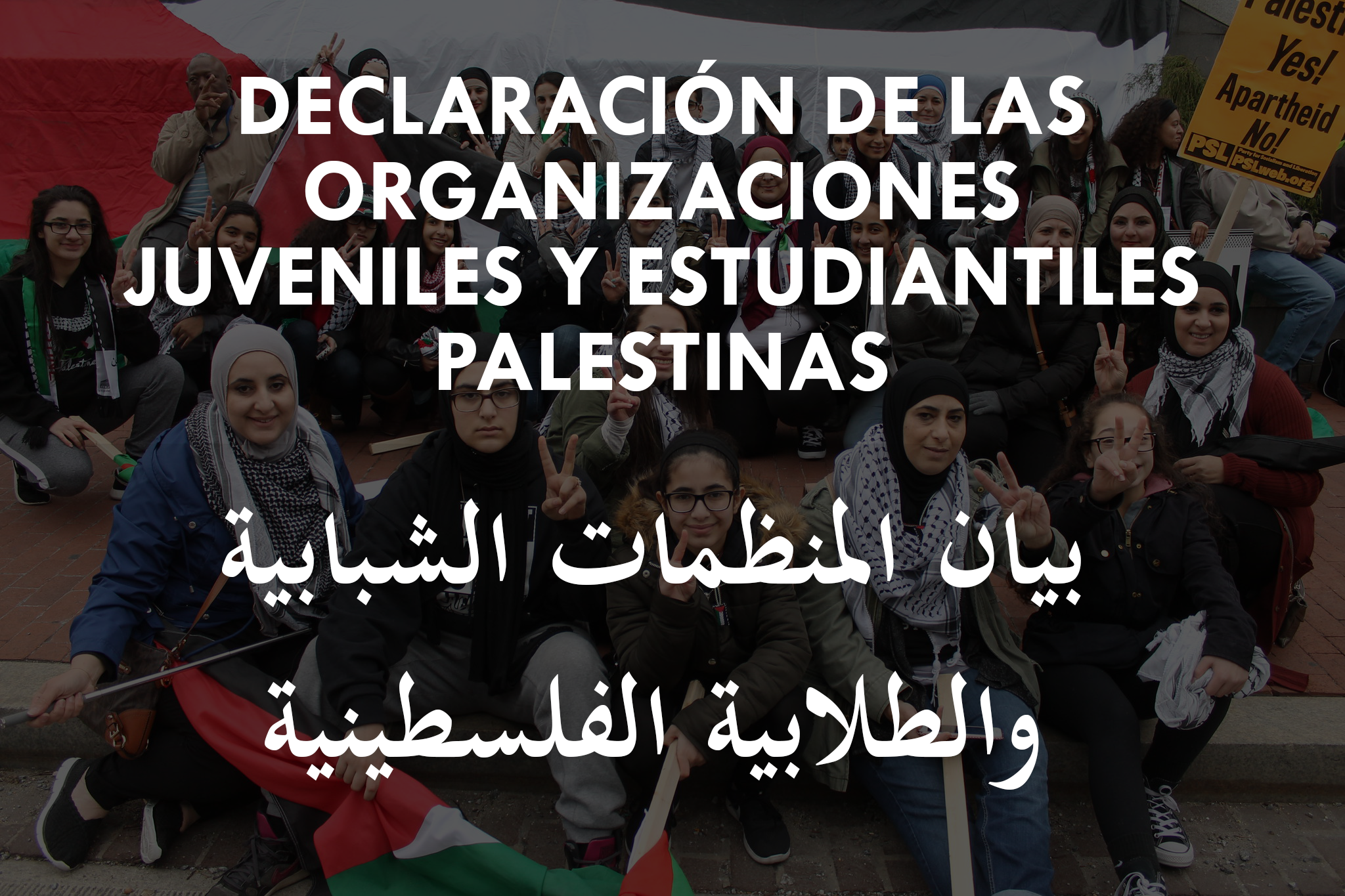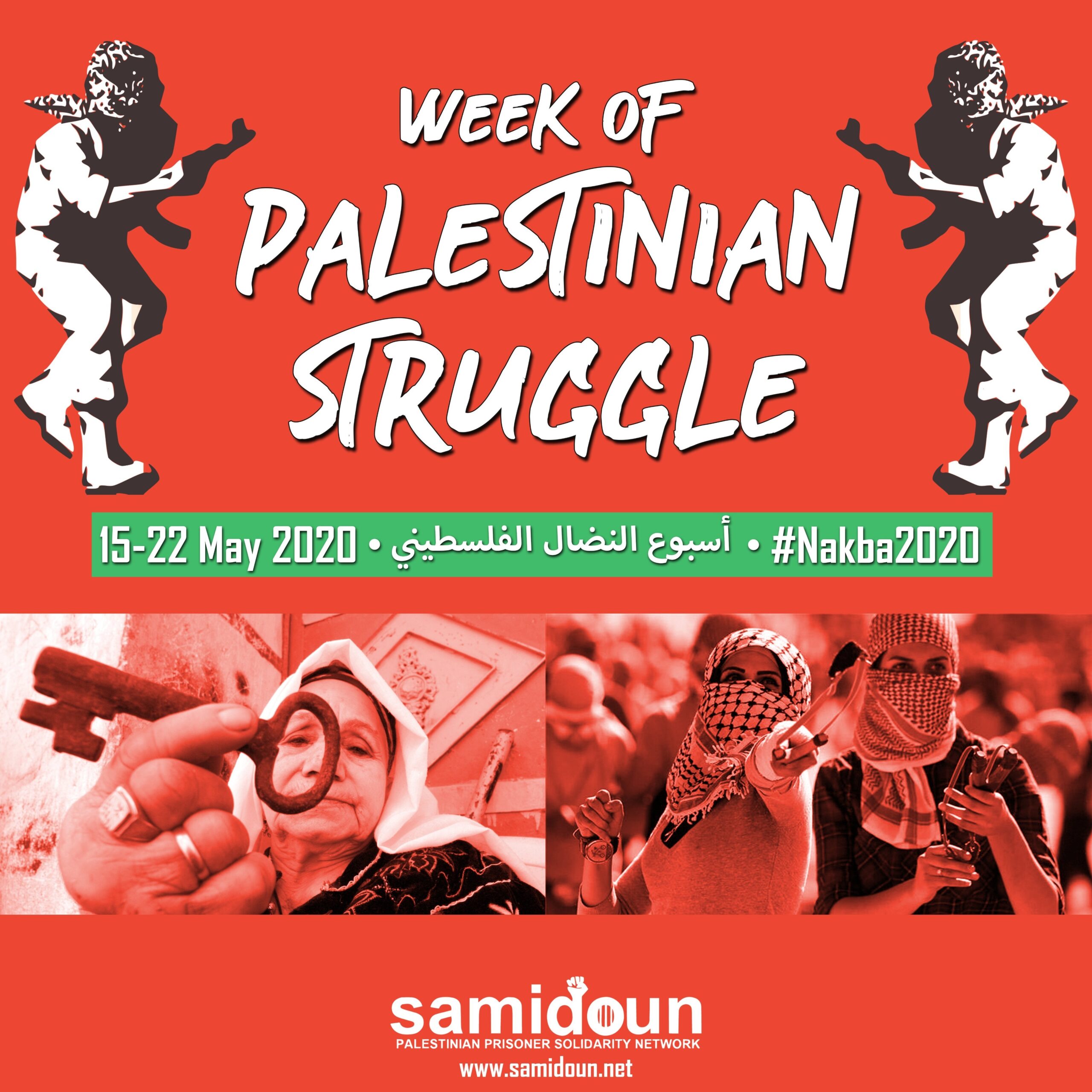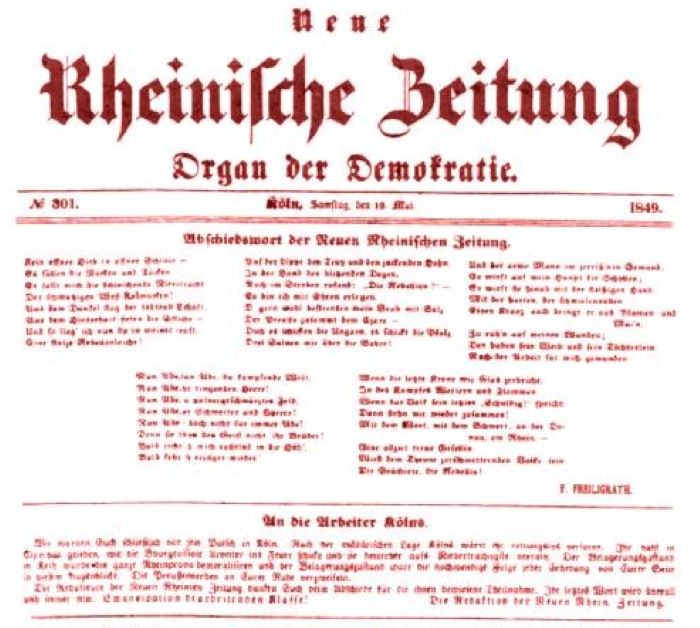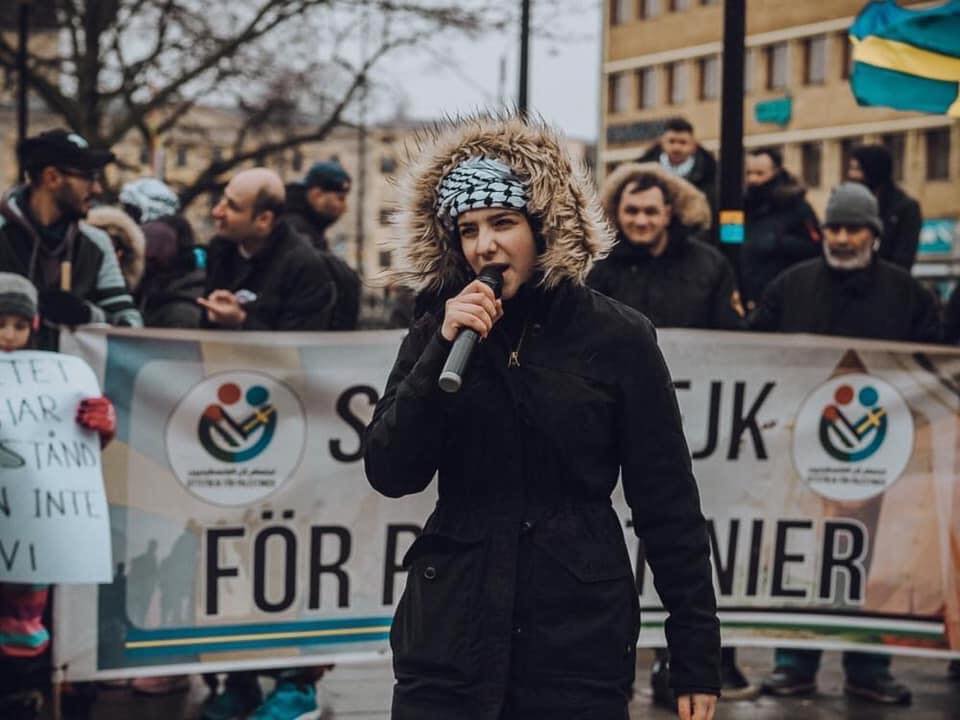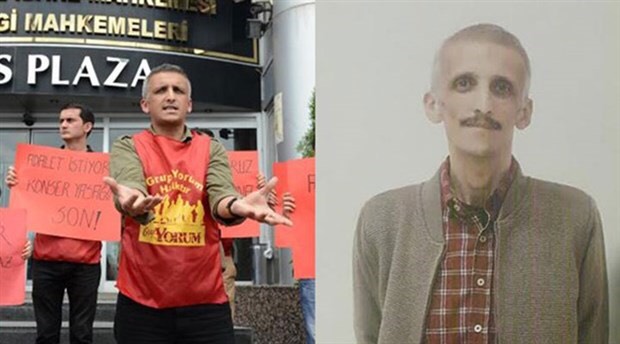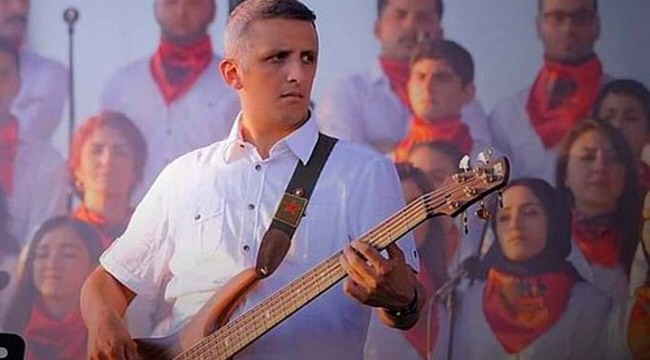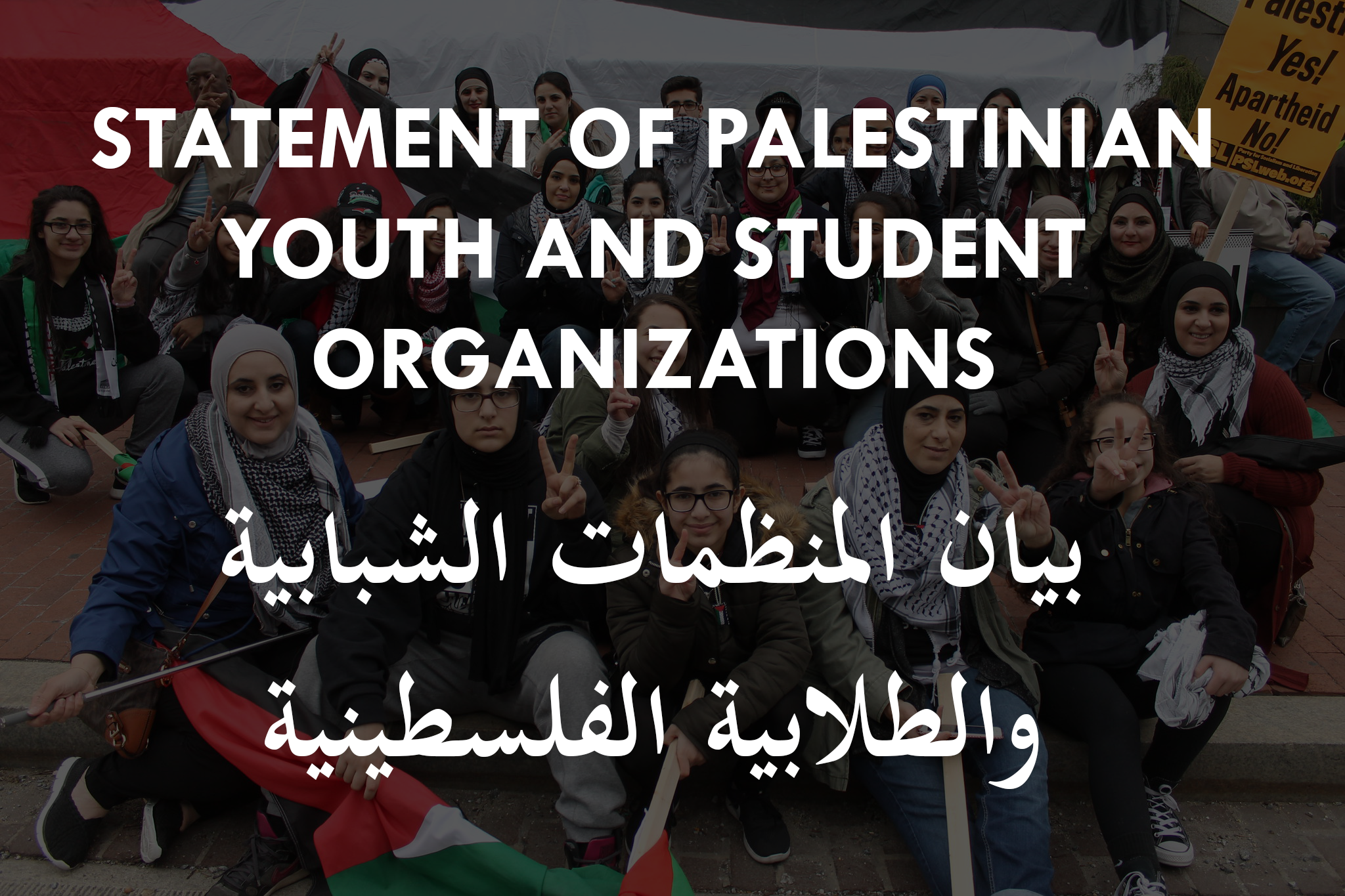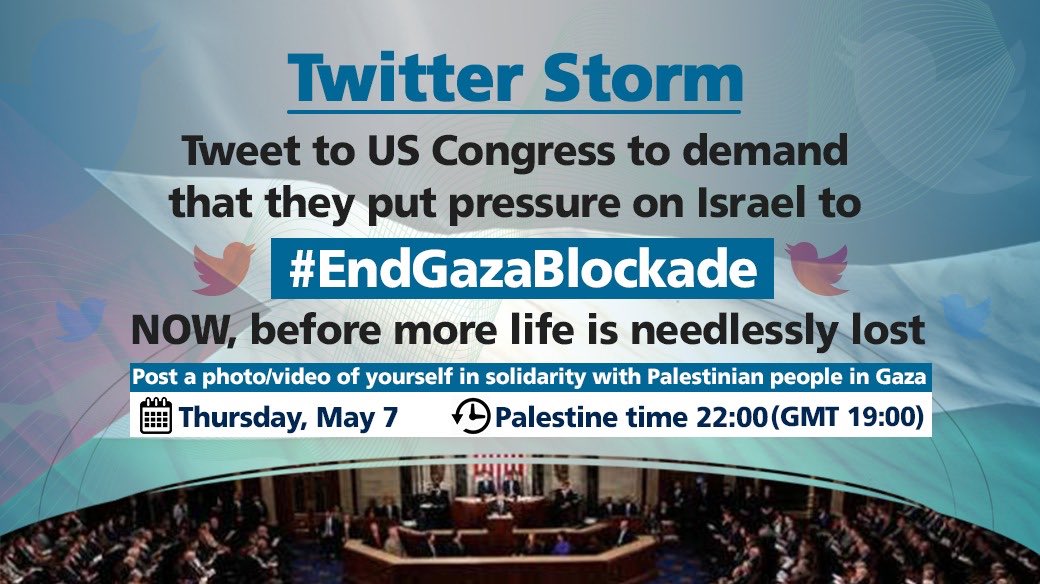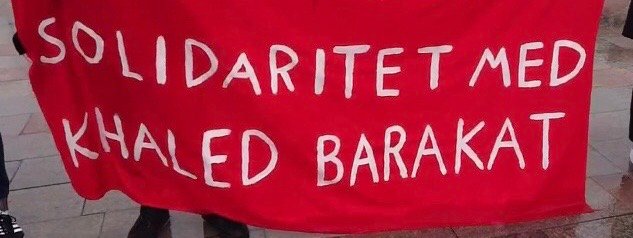The following article was originally published in Arabic at Hadf News. Thank you to Jamileh Abed for translating this article into English.
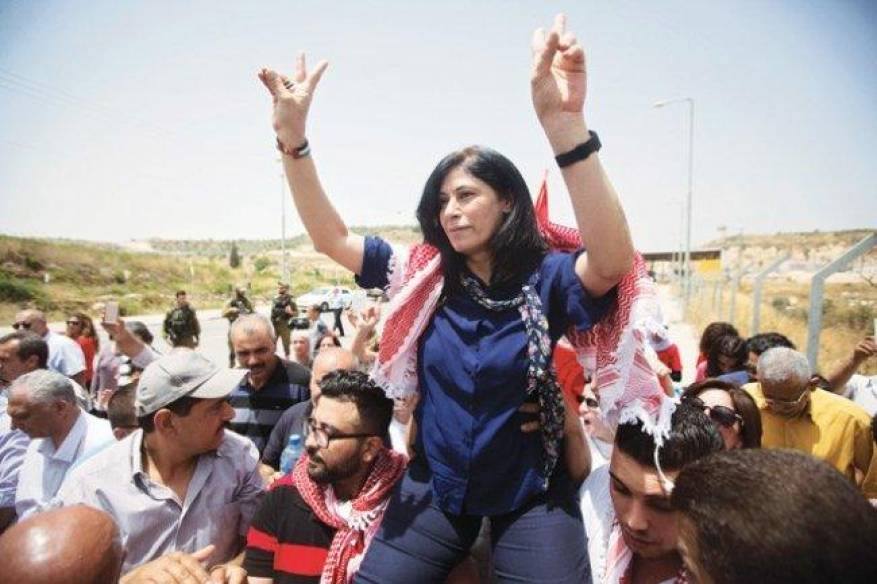
by Hind Shraydeh
Many people snitched on Khalida to her father: “Better get hold of the situation before it is too late Kana’an…Your daughter is being carried on men’s shoulders and shouting slogans in demonstrations!”
In the Arab society in general, and in a conservative city like Nablus in particular, such acts may be subject to public scrutiny, and a young woman being carried by men who are not blood relatives may be considered shameful. Khalida’s father, the owner of a children’s toy shop where he earns a living for his family, his wife and eight children, had to overcome such taboos when informed of his daughter’s participation in political rallies against the Israeli occupation.
Khaleda was born in February 1963 in Nablus, known to locals as “Jabal an-Nar”; translated literally, this means “the mountain of fire.” Khalida belongs to the first generation born to Palestinian refugees after the Nakba[1], (catastrophe) of the Palestinian people in 1948, as her family was forced to flee from the occupied town of Bisan.
Khalida is a calm and balanced woman. She can be described as radical in her stances and insightful in her visions, as seen by her participation in areas and activities that address her people’s concerns. She is not easily provoked, and responds to absurd and irrational statements with a smile and a sound convincing answer. Khalida is not only a member of the Palestinian Legislative Council (PLC), but also a wife, mother, comrade, friend and a sister. She is also a “totem pole for those who are alone,” as described by the distressed people who arrive at her office to seek her help.
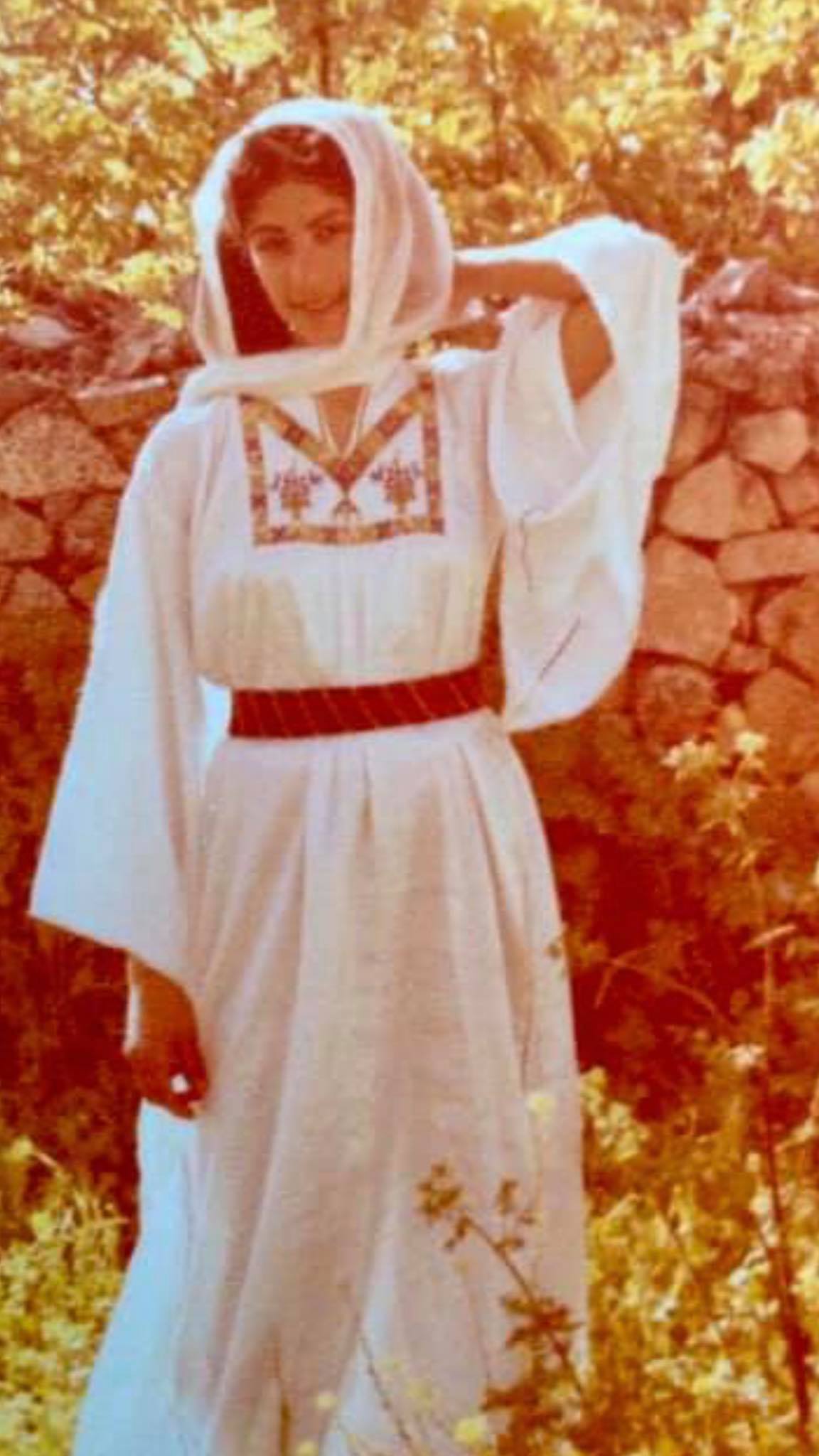
Today, Khalida Jarrar is known as one of the most prominent social and political Palestinian figures. She holds a master’s degree in Democracy and Human Rights and worked as the director of Addameer Prisoner Support & Human Rights Association from 1994 to 2006. In 2006, she was elected as a member of the PLC and appointed the person in charge of the prisoners’ committee. After this, she was appointed as Vice-Chair of the Board of Directors of Addameer, as well as a member of the Higher National Committee responsible for following up on Palestine’s accession to the International Criminal Court.
Khalida’s commitment to Palestine stems from her family’s love for the country, and in particular from her mother and her uncle, Qadri Hannoud, who was a freedom fighter himself. Qadri is one of the founders of the Arab Nationalist Movement who was arrested and later deported to Jordan. Khalida enjoyed a special relationship with her uncle prior to his arrest and deportation. She recalls times spent with him and especially his attentiveness when a spilled cup of tea caused a burn on her neck. The incident and the burn became an irrefutable sign of the bond between them, their close relationship and the significant influence he had upon her to join on his path.
Khalida has struggled against the occupying power throughout the majority of her life. International Women’s Day 1989 marked her first arrest. She relayed the details later on, as she herself escaped being arrested by an Israeli soldier during a demonstration, only to see her sister Salam being harassed by another soldier. Khalida could not but to try to rescue her sister, ending with both sisters and a third sister, Nihaya, all being arrested by occupation soldiers. As the whole world celebrated International Women’s Day, the Ratrout family (Khalida’s family) had to deal with the arrest of three of their daughters only to be followed by two sons, Khalid and Tareq.
The above-mentioned oppressive measure was Khalida’s first experience at being arrested, but she was to experience a second, third and fourth arrest. Today, Khalida is held in the Damon Prison, which was once used as an animal stable. She has been detained awaiting a military court trial since the end of October 2019, when she was abducted from her home only eight months after her release from 20 months of administrative detention, imprisonment without charge or trial.
On that date, the Israeli soldiers stormed her house (noting that Khalida lives with her husband, Ghassan Jarrar, and their daughter, Suha, in a house near the Palestinian Security and Presidency Headquarters in Al-Bireh, while Yafa, her eldest, is living outside Palestine) and took her to the Ofer Military Detention Center, where she was searched and interrogated. After this, she was transported under very difficult conditions on the Bosta (a vehicle designed to transport political prisoners) to the Hasharon Prison. She spent nearly three days there before being moved back to the Moskobiyeh interrogation center, where she was subjected to harsh interrogation. She was transferred once more back to Hasharon prison and then to Damon. All these transfers were carried out using the notorious bosta, during which she was denied access to health care and sanitary facilities.

The occupation authorities filed an indictment against Khalida, accusing her of holding a position in the Popular Front for the Liberation of Palestine, an organization banned under military orders like all major Palestinian political parties. In addition, according to the unjust and illegitimate indictment, from the beginning of 2014 until the date of her arrest, she was responsible for the political aspects of the relationship with Palestinian institutions representing the Popular Front. In short, she was being dragged before a military court for her public political activity.
It is worth noting that Khalida was tried for the charge mentioned in 2015, which makes it a flagrant violation of the internationally established legal principle stating that the same person cannot be tried twice for the same accusation.
The Occupation’s Fear of Thought
As narrated by Ghassan, Khalida’s life partner, the occupation continues to regurgitate the same excuse for arresting and indicting Khalida, which is, according to them, belonging to a “banned” political organization, the Popular Front.
Recalling the proceedings of a court hearing that was held in 2015, Ghassan said that her lawyer was outraged by her arrest due to the absence of any real reason for her detention. It was then that the prosecution’s defeat was apparent when the military prosecutor shouted that the Khalida’s danger lies in the influence she possesses.”The unjust maneuvers of the prosecution that I witnessed on that day confirm that the occupation fears ideologies and mere thoughts, and Khalida is a case in point!” he said.
With a shiver of love and longing in his voice, Ghassan continues: “Khalida is intriguing, alluring and complex, a woman who represents thought, passion, emotion and conscience all at once. She is a politician in love with her country, the advocate for the underprivileged and oppressed. She is a wise person that can assess and balance each situation individually, as her office is always open to all citizens from all political factions and social classes. At the same time, Khalida is beautiful and kind as a mother and as a wife. We miss her presence, but feel she is with us at all times, as she alone is the one able to keep this family together.”
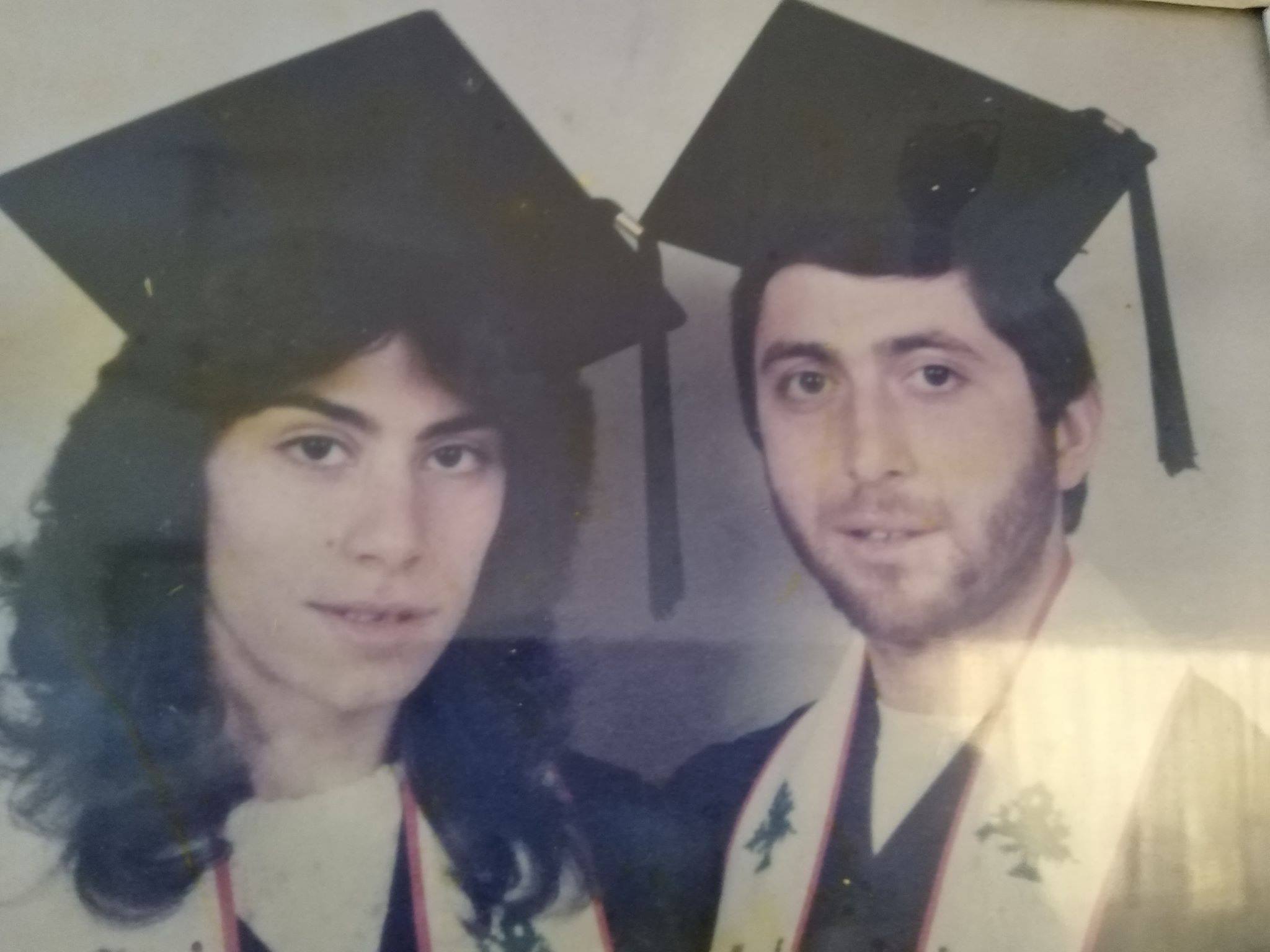
Ghassan is unyielding in expressing his love for his wife. It is palpable when he utters any statement about her, as when he said: “Khalida is everything to me…she is the oxygen that I breathe.”
If it were not for radio broadcasts…!
“We have no information concerning my mother due to the halting of all visitations and court hearings at the beginning of March 2020. We are extremely worried about her, as means of communications have come to a stop except through sending our one-way regards over the radio,” said Khalida’s daughter Suha. Moreover, this has become especially difficult after the occupation intelligence issued a decision to prevent three female detainees, one of whom is Khalida, from making phone calls to their families after visits were cancelled amid the COVID-19 pandemic. This has amounted to a further escalation in the punitive measures against Khalida and her entire family.
Suha continues to express her concern for her mother, who suffers from chronic diseases, including infarction of the cerebral tissues due to hypoglycemia, vascular clotting and high cholesterol. She said: “My mom needs weekly check-ups. She needs blood thinner medications, and these must be monitored regularly since an overdose or an under-dose can cause serious problems for her. The former can cause internal bleeding and the latter could cause blood clots that can end in a stroke, especially since she has a history of such clots and she survived two strokes in the past. Our concerns are elevated due to the outbreak of the coronavirus and the information we have at hand, which is that all clinic visits have been suspended. And so we sit and wonder together with my father, who is suffering terribly on her behalf: Is there anyone who gives her medicine regularly? Does she have gloves, protective masks, or sterilizing agents available in the detention facility she is in…knowing that Damon prison, like all Israeli prisons, lacks the minimum requirements for a healthy life?”
Suha continues: “There has been much talk that prison authorities provide chlorine bleach in scarce quantities, but bleach is not a safe sterilizing agent to begin with. It is a poisonous substance that irritates the skin and the lungs and can continuous coughing. I am afraid that my mother’s body, with a history of two strokes, will not be able to survive under such conditions and amid a serious pandemic like the coronavirus.”
Khalida: a substitute mother to 42 Palestinian women prisoners
As Suha continues to talk, she says: “When I was a little girl, my father was arrested. He spent seven years in administrative detention. I had to learn the meaning of that phrase at an early age. My sister and I had to eavesdrop to understand what was happening with him. It was painful to us to learn of the torture he underwent. It affected us directly, and, I am sure, indirectly. Once he was freed, we thought we were immune to arrests and their ramifications, until my mother was arrested. Her imprisonment lays heavily on our hearts with pain that resembles no other. I realized that I am not the strong mature woman that is able to absorb pain; or that legal researcher and international advocacy officer who thought she was shielded by a mechanism to control pain. In fact, I realized that I was only human and that I can be hurt time and time again, especially when it relates to my mother’s continuing imprisonment. However, within all this mix of emotions, I am comforted when I hear that my mom has become a substitute mother to 42 other political prisoners who share her fate in Israeli jails.”
During her life, Khalida Jarrar was harassed by the occupying forces repeatedly, including an order for her forced displacement to Jericho[2], (considered area “A” according to the Oslo agreement) prior to her second arrest in 2014. This action was carried out under the pretext of a secret file, the same type of intelligence document used to order administrative detention, imprisonment without charge or trial. Khalida and her family protested this action by carrying out a sit-in that continued 24/7 for a month in front of the PLC building. The order was cancelled, but Khalida was then attacked for that victory and arrested for 15 months. In addition, Khalida has been banned from travel since 1998 until the present day, as retaliation for her participation in the preparatory meetings of the Universal Declaration for the Protection of Human Rights Defenders in Paris.
Khalida’s mother: Your favorite dish (Akkoub) is on the stove…we are awaiting you
Recalling her memories together with Khalida, her sister Nihaya says, “All I remember is that Khalida was always either reading or immersed in volunteer work and active in student unions. As a young child, she was always interested in Palestinian history and related novels. She enjoyed reading Ghassan Kanafani’s literature most.” Her sister went on to say, “Khalida is passionate, giving and an influential leader in her community. In addition, Khalida broke the customs of society and rejected our outdated traditions as a family. For example, when she got married, she refused a accept a dowry of more than one Jordanian Dinar, hence establishing a new tradition to be followed by the rest of the women of the family. Each stage in her life is a story in itself. She has always established a different approach, calling for development and progress even amongst us. She married her friend and companion from university after living a great love story. Their love and support for one another continued and remained strong despite life’s difficulties and multiple arrests and separations.”
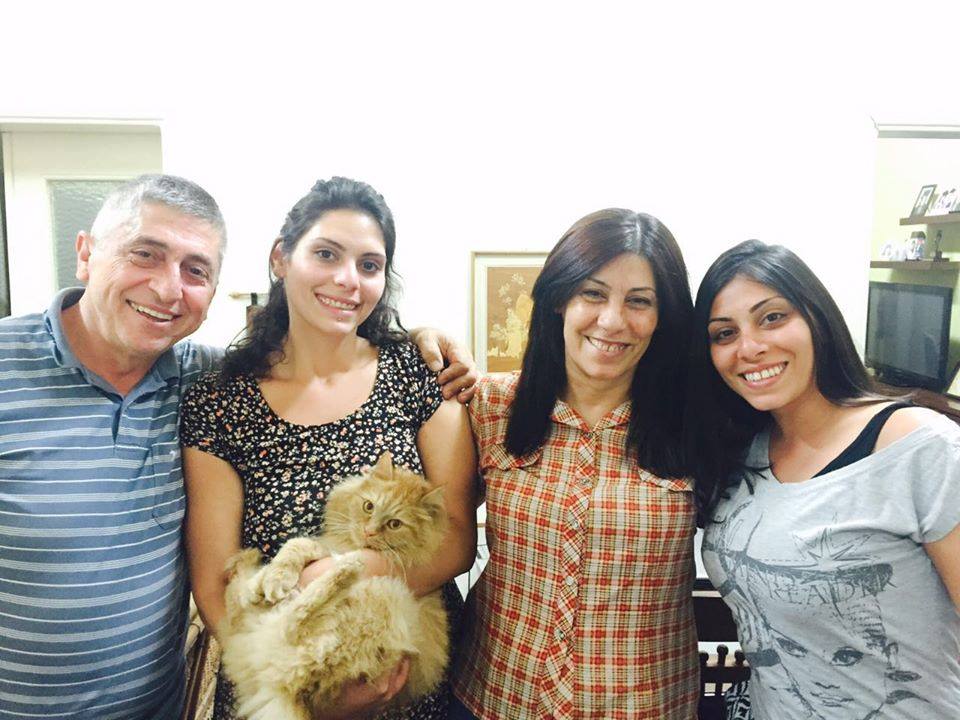
Last but not least, Khalida’s 80-year-old mother, who was also an activist from a young age in the Union of Palestinian Women’s Committees, expressed how proud she is of Khalida. She admits openly to her children that she is biased towards her: “There is Khalida and there are the rest,” she says. “My daughter wakes up every morning believing that she has something in this world, and she eagerly seeks to obtain this vision. This is how I raised her and I will continue to be proud of her as long as I live. I say to her: ‘We miss you my dear daughter, and want you to know that your favorite dish is on the stove…all of us are awaiting your return.'”
[1] The Palestinian Nakba occurred in 1948 when more than 700,000 Palestinians, about half of the Palestinian population were expelled or compelled to flee from their homes by Israeli terrorist groups.
[2] According to the Oslo agreement signed with Israel in 1993, the West Bank and the Gaza Strip were divided into three different areas (A, B, and C) that are subject to different laws in terms of control. The city of Jericho falls in area “A” which means that it is allegedly under the full control of the PA. In practice, however, this area is under occupation, the same as the rest of the Palestinian land mentioned, except that the Israeli occupation has disclaimed its responsibility as the occupying power for its civil affairs, such as health, education and social welfare.
Hind Shraydeh is a writer and human rights defender from occupied Jerusalem, Palestine. She is the wife of Ubai Aboudi, the imprisoned Executive Director of the Bisan Center and a Palestinian writer and researcher. To support Ubai’s campaign for freedom, please visit Scientists for Palestine or listen to Hind’s recent webinar and take the actions described here.

